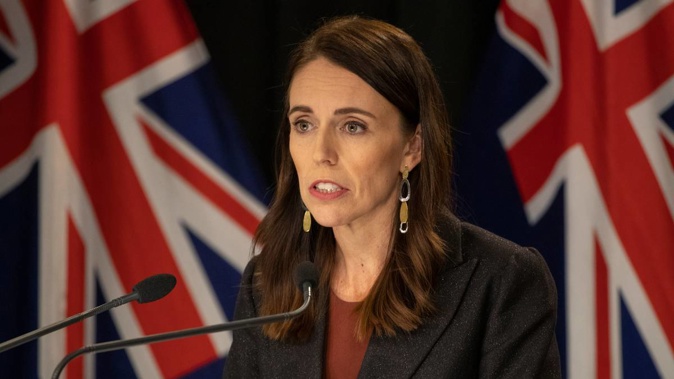
Prime Minister Jacinda Ardern has fronted on the Government’s backdown over an entrenchment clause in the Three Waters legislation, calling it a mistake.
Yesterday, Leader of the House Chris Hipkins announced the entrenchment clause that was added to Three Waters legislation while the House was sitting under urgency last month will be removed following criticism from some of the country’s top law academics.
Ardern was asked by RNZ whether Local Government Minister Nanaia Mahuta misled her. Ardern said it was a mistake.
“What we need to know is a mistake has been made and we are taking it as a team,” Ardern said.
“This provision is very narrow and only applies to the act of selling water. The issue is the principal vote is 75 per cent and we have 60 per cent.
“We do have to put some guard rails around the entrenchment part.”
Ardern said this issue had depths of feelings involved.
“We could not ignore what we have been told about our water infrastructure.
“When you go to the local government they accept we have a problem so what we do about it? There was an alternative which would ultimately cause ratepayers stress.”
The Water Services Entities Bill will be sent back to the Committee of the Whole House to remove the entrenchment provision.
- Tim Dower: Don't be fooled by government's Three Waters backdown
- Three Waters backdown: Govt pulls controversial clause
- Chris Hipkins announces removal of Three Waters entrenchment provision
Yesterday, National Party leader Christopher Luxon said the backdown pointed to “absolute chaos” within Labour’s Cabinet and caucus.
Luxon, speaking to media from Parliament’s forecourt this morning, described the situation as an “utter shambles” that suggested incompetence on Labour’s behalf.
“It just speaks to absolute chaos, I’d say, happening within the caucus and Cabinet management, that you end up not knowing about an issue like this and [it’s] actually poor implementation, poor governance and as a result we’ve got a shambles.”
He felt it proved the Government should ditch Three Waters - aimed to shift the governance of water services from local councils to four large entities - and find a workable solution with councils.
Yesterday Hipkins said: “It is important to note the entrenchment clause only applied to maintaining public ownership of water assets. In order to protect against privatisation of these assets we will also be seeking political assurances from the National and ACT parties via letters that ask them to commit to public ownership.”
Luxon, who confirmed National was opposed to selling water assets, said the letter was little more than a “political stunt”.
“By saying, ‘Yes we don’t want to privatise those assets’, we’re actually saying yes to those four mega entities.
“We’re not interested in any of that conversation, we want these assets back under local ownership.”
Take your Radio, Podcasts and Music with you









